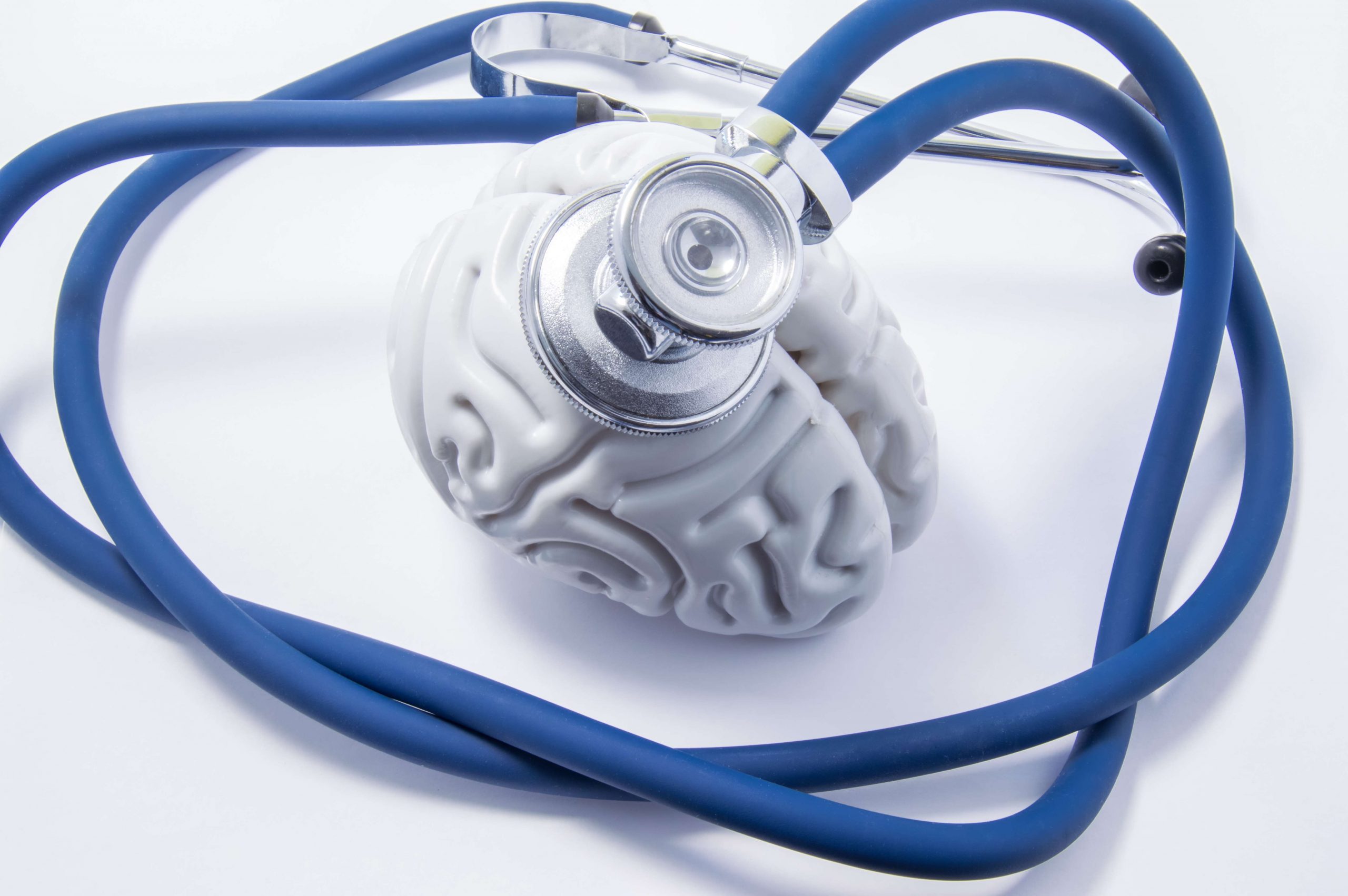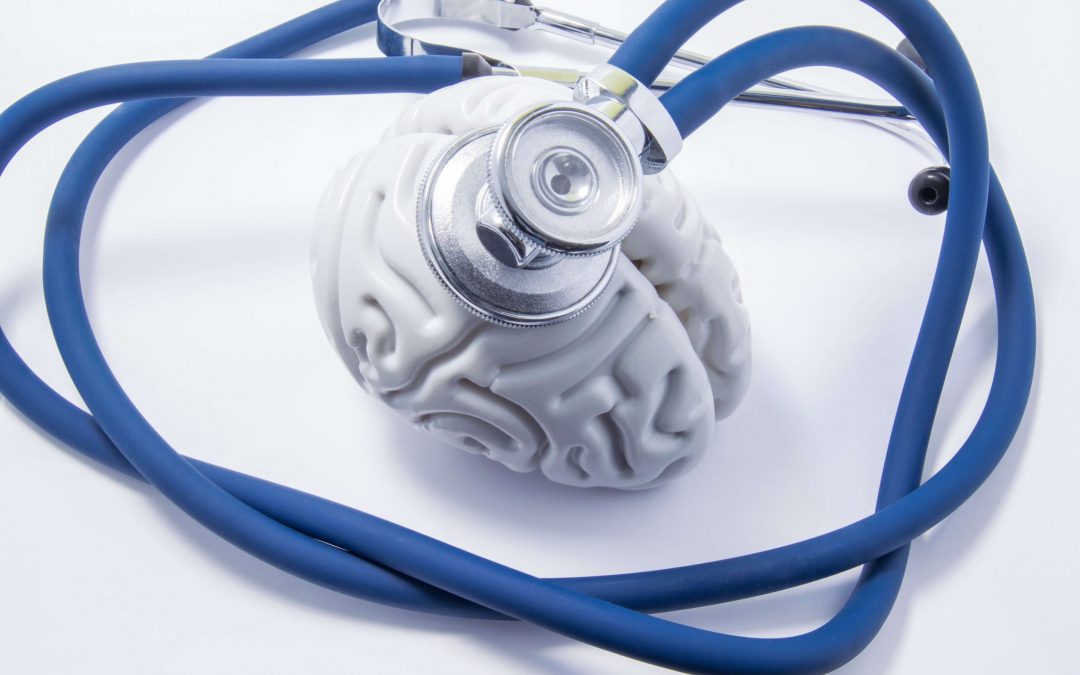Content
Two placebo-controlled trials (Johnson et al. 2003, 2008), including a multisite study, have demonstrated the efficacy of topiramate in very-heavy-drinking alcohol-dependent patients who were not required to be abstinent prior to starting treatment. In these trials, therapists used brief behavioral compliance enhancement therapy to enhance medication adherence and provide support for patients who worked on their personal goals for their drinking. Patients also reduced cigarette smoking, which suggests a potential side benefit of using topiramate to treat alcohol-dependent smokers (Johnson et al. 2005). Extended-release naltrexone, a formulation that only requires a monthly injection, holds the potential to minimize problems with medication adherence. In a 6-month trial, 64 percent of participants received all 6 months of double-blind medication, translating into daily coverage for the entire treatment period (Garbutt et al. 2005). Naltrexone was significantly more effective in reducing the rate of heavy drinking than placebo, an effect most pronounced in those who had achieved abstinence prior to receiving the first injection.
A newer anti-seizure medication being investigated for alcohol treatment is ezogabine. Testing in animals suggests that it may reduce alcohol abuse by opening up channels in the brain that reduce the pleasurable effects of drinking alcohol. Their study is the first to evaluate the drug, ibudilast, as a treatment for alcoholism. Study participants were given either the drug (20 milligrams for two days and 50 milligrams for the next four) or a placebo for six consecutive days. After about a two-week break, those who took the drug were switched to a placebo for six days, and those who were taking the placebo were given ibudilast. The researchers found that the subjects’ craving for alcohol was significantly lower when they were taking the medication.
APPROVED BY THE U.S. FOOD AND DRUG ADMINISTRATION
The right drug can help you overcome the desire for alcohol and help body and mind cope with the physical effects of withdrawal, which could otherwise be life-threatening. In addition, the participants’ reactions were measured after sober house they were asked to hold and smell a glass of their preferred alcoholic beverage but not allowed to drink it. The subjects reported being in a better mood while they were taking ibudilast than when they were on the placebo.

The FDA approved the use of naltrexone to treat alcohol use disorders in 1994. Initially, disulfiram was given in larger dosages to produce aversion conditioning to alcohol by making the patients very sick if they drank. Later, after many reported severe reactions (including some deaths), Antabuse was administered in smaller dosages to support alcohol abstinence.
Medications for Alcohol Withdrawal
Over time, the body actually begins to function normally while under the influence of alcohol and forms a strong physical dependence. Alcohol is one of the more dangerous substances to be addicted to since withdrawal and attempted recovery can be fatal if not done properly. According to research, medications seem to be a positive part of the most effective combination for treatment for alcohol use disorders.
The anti-psychotics all have important adverse events that may limit the potential of these agents for treating alcohol dependence. Numerous studies have tested selective serotonin reuptake inhibitors (approved for depression), often with disappointing results including counter-therapeutic effects among patients with early-onset alcoholism. In contrast, ondansetron (a selective serotonin-3 [5HT3] antagonist approved for nausea) shows some efficacy for reducing heavy drinking among patients with early-onset or Type-B alcoholism (Kranzler et al. 2003; Johnson et al. 2000). Alcohol recovery is an intense, painful experience that is impossible for some without help. Those who try to recover on their own are more likely to relapse from the pain of withdrawal and less likely to try again. That’s why some clinics prescribe alcohol treatment medications to help manage symptoms of withdrawal, cravings, and potential relapse.
Are There Any OTC Alcohol Withdrawal Medications?
Alcohol use disorder (AUD) is a medical condition characterized by an impaired ability to stop or control alcohol use despite adverse social, occupational, or health consequences. It encompasses the conditions that some people refer to as alcohol abuse, alcohol dependence, alcohol addiction, and the colloquial term, alcoholism. In the U.S., approximately one-third of all adults will meet criteria for AUD at some point during their lives with approximately 15 million individuals meeting criteria within the last 12 months. Each year in the U.S., 95,000 people die from alcohol-related causes, and it is estimated that AUD costs the U.S. at least $249 billion annually.
What is the best drug to treat alcoholism?
Naltrexone and acamprosate are generally considered first-choice options for AUD. Disulfiram, topiramate, and gabapentin may be good options for some people, as well. The best medication to help you stop drinking depends on your personal preferences and medical history.
It was branded as Antabuse in the 1950s and has been used to help maintain alcohol abstinence since. Alcoholism has an intimidating ability to change the body’s natural processes and take over people’s lives. People with alcoholism become physically and mentally dependent on the substance for normal bodily functioning.
What should I know before starting treatment with naltrexone?
Alcohol detox isn’t easy and not everyone can do it on their own. That is why alcohol detox and alcohol withdrawal treatment is administered by medical professionals. Individuals who are dependent on alcohol often suffer from negative side effects such as physical dependence, anxiety, depression, confusion, organ damage, strained relationships and difficulty meeting major responsibilities.

Antabuse (disulfiram) was the first medicine approved for the treatment of alcohol misuse and alcohol dependence. It works by causing a severe adverse reaction when someone taking the medication consumes alcohol. “Topiramate has been shown to reduce drinking, especially when there is a family history of alcoholism. Administered in either a tablet form (ReVia and Depade) or injectable form (Vivitrol), individuals who abuse alcohol will no longer experience a euphoric reward from drinking once they begin the naltrexone treatment. It is important to remember that naltrexone does not mitigate the symptoms of alcohol withdrawal.
The information from the Provider Locator is provided on an “AS-IS” basis. Alkermes disclaims all warranties, either express or implied, including but not limited to the implied warranties of merchantability and fitness for particular purpose. Without limiting the foregoing, Alkermes does not warrant or represent that the Provider Locator or any part thereof is accurate or complete. You assume full responsibility for the communications with any healthcare provider you contact through the Provider Locator. Alkermes shall in no event be liable to you or to anyone for any decision made or action taken by you in the reliance on information. While there is no medication today that can cure alcoholism, there are some that can assist in the recovery process.

